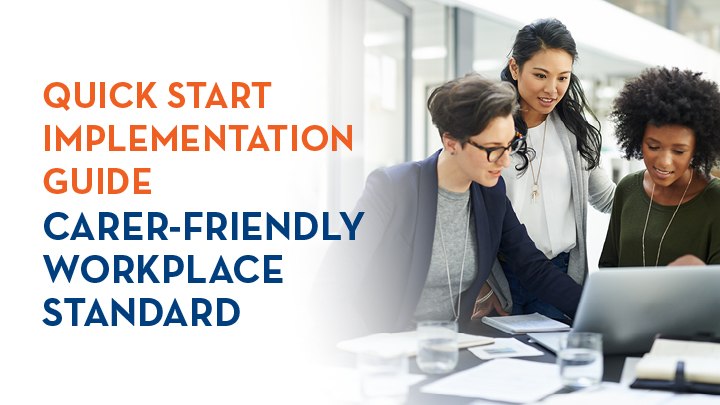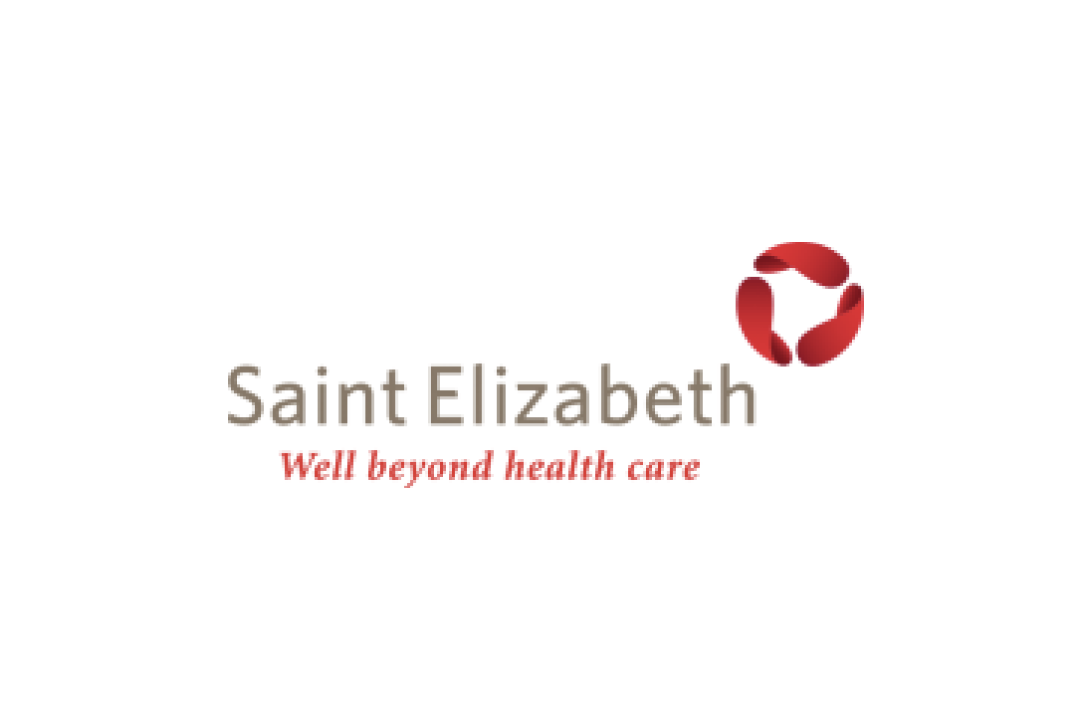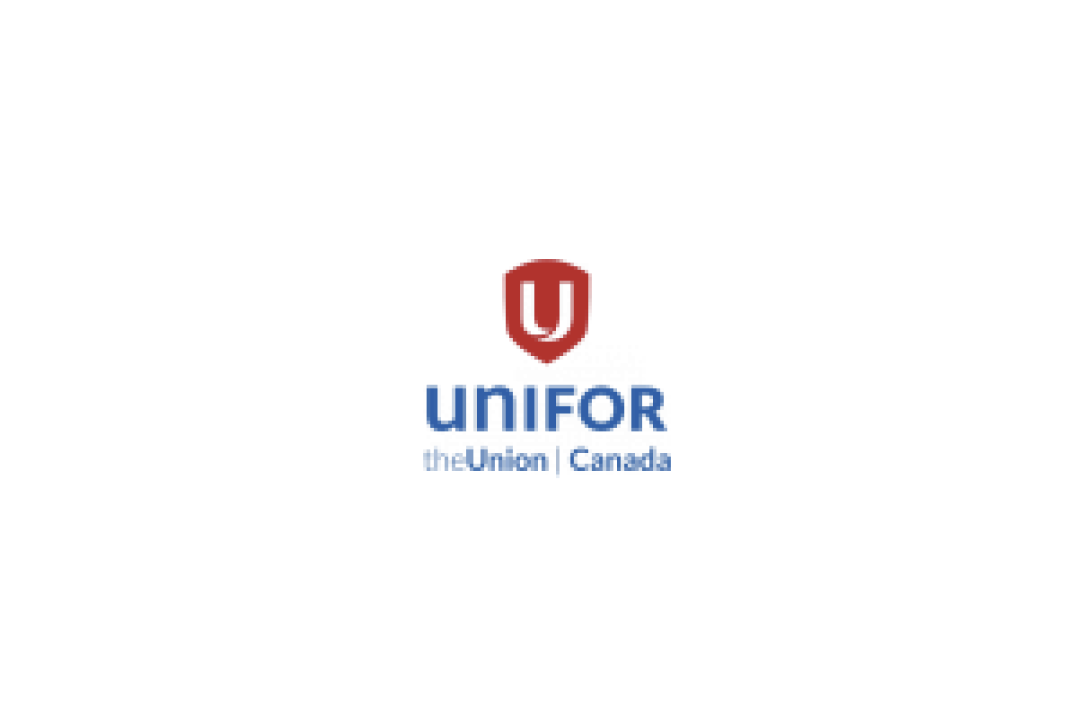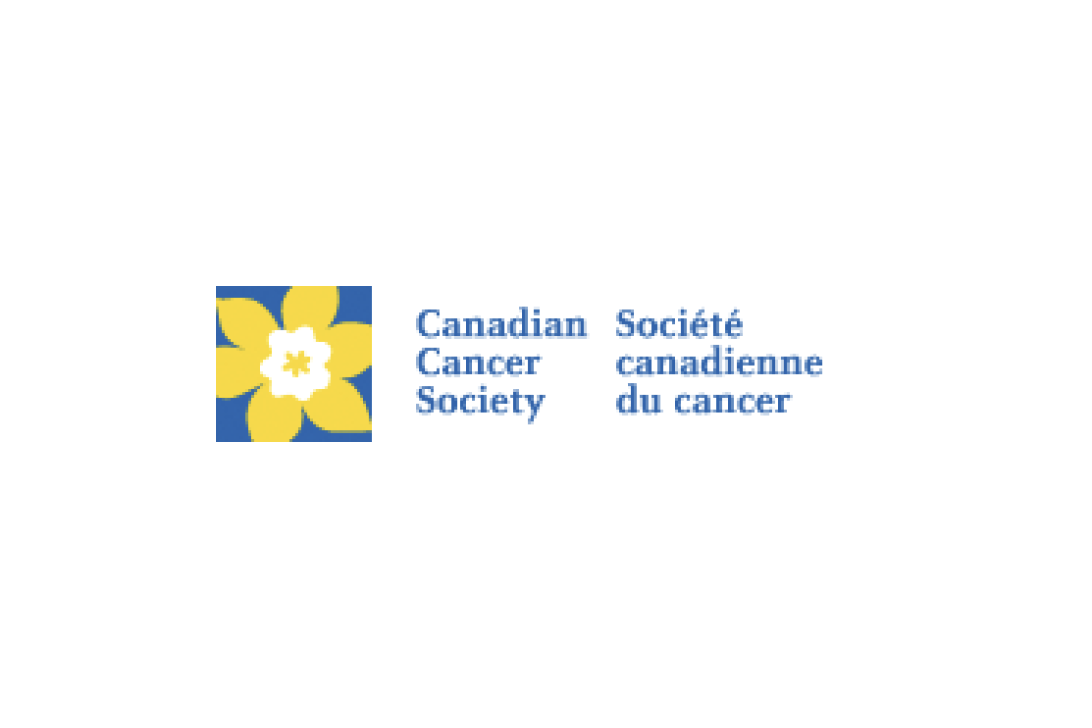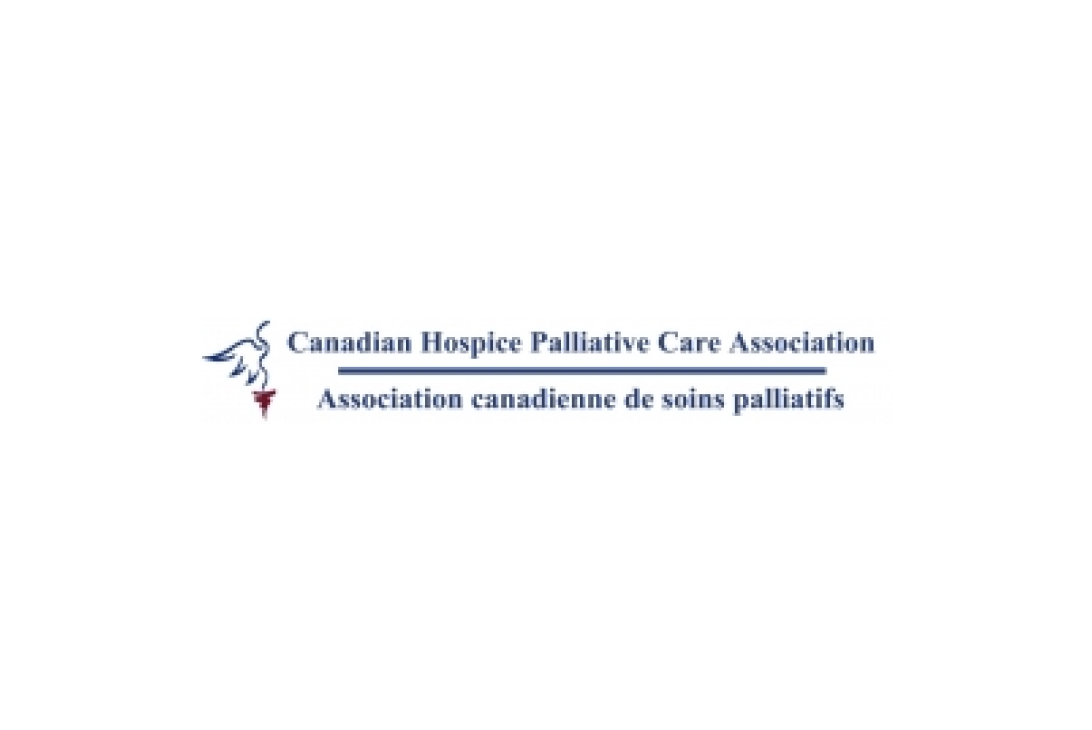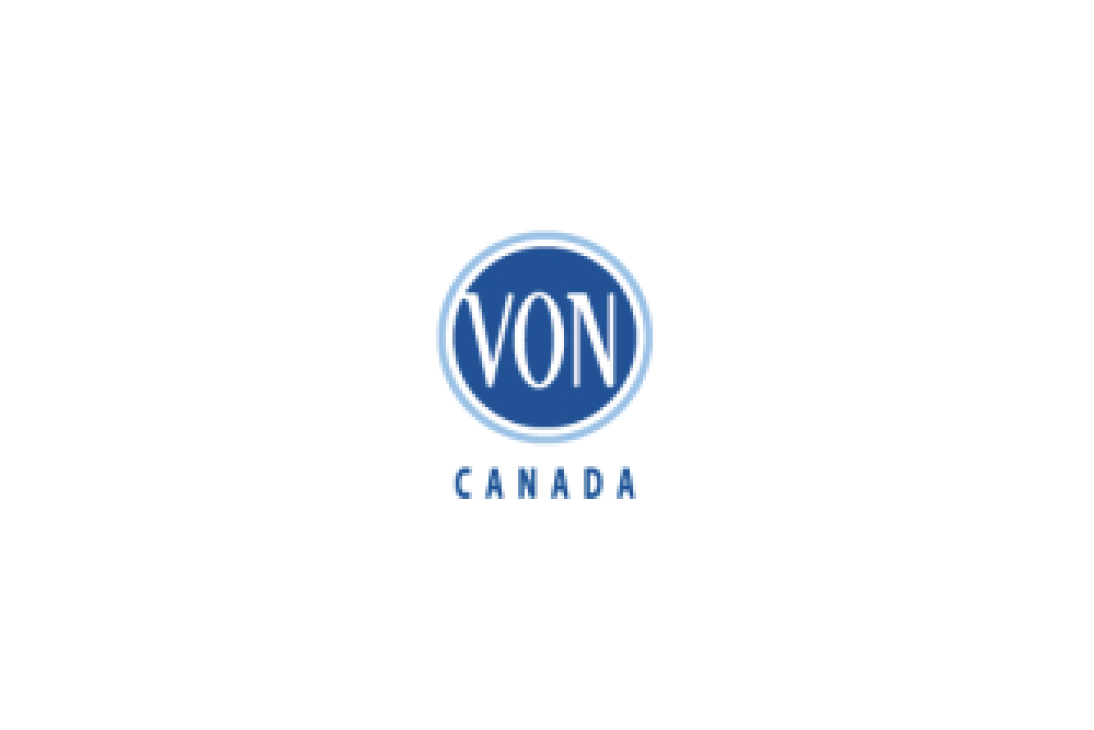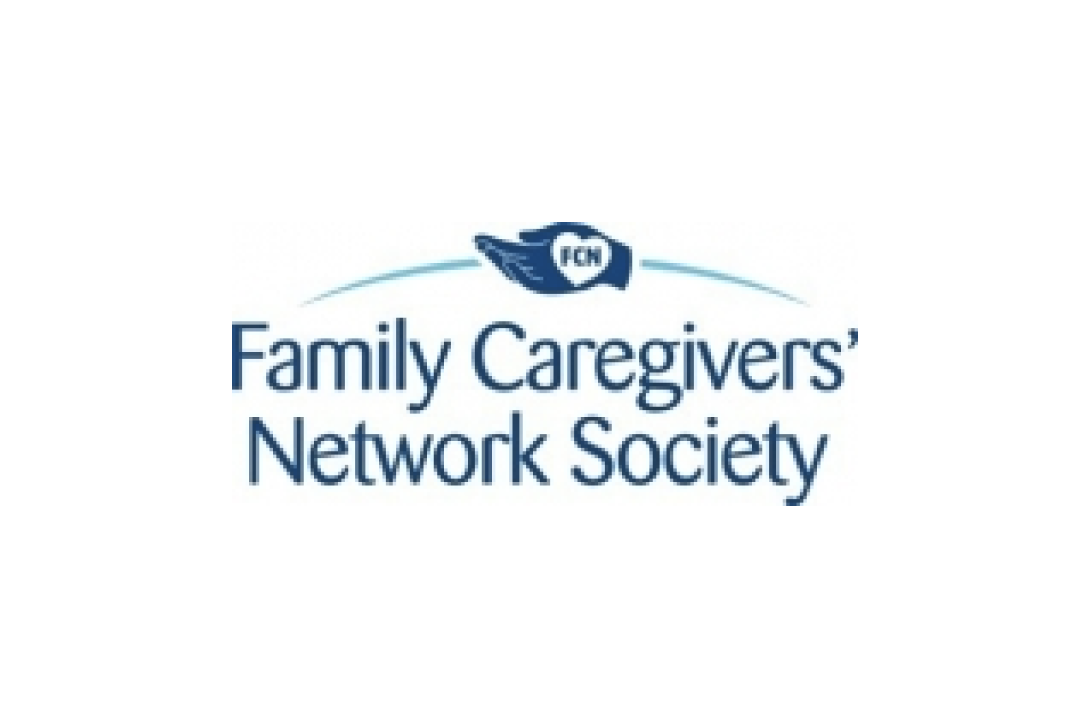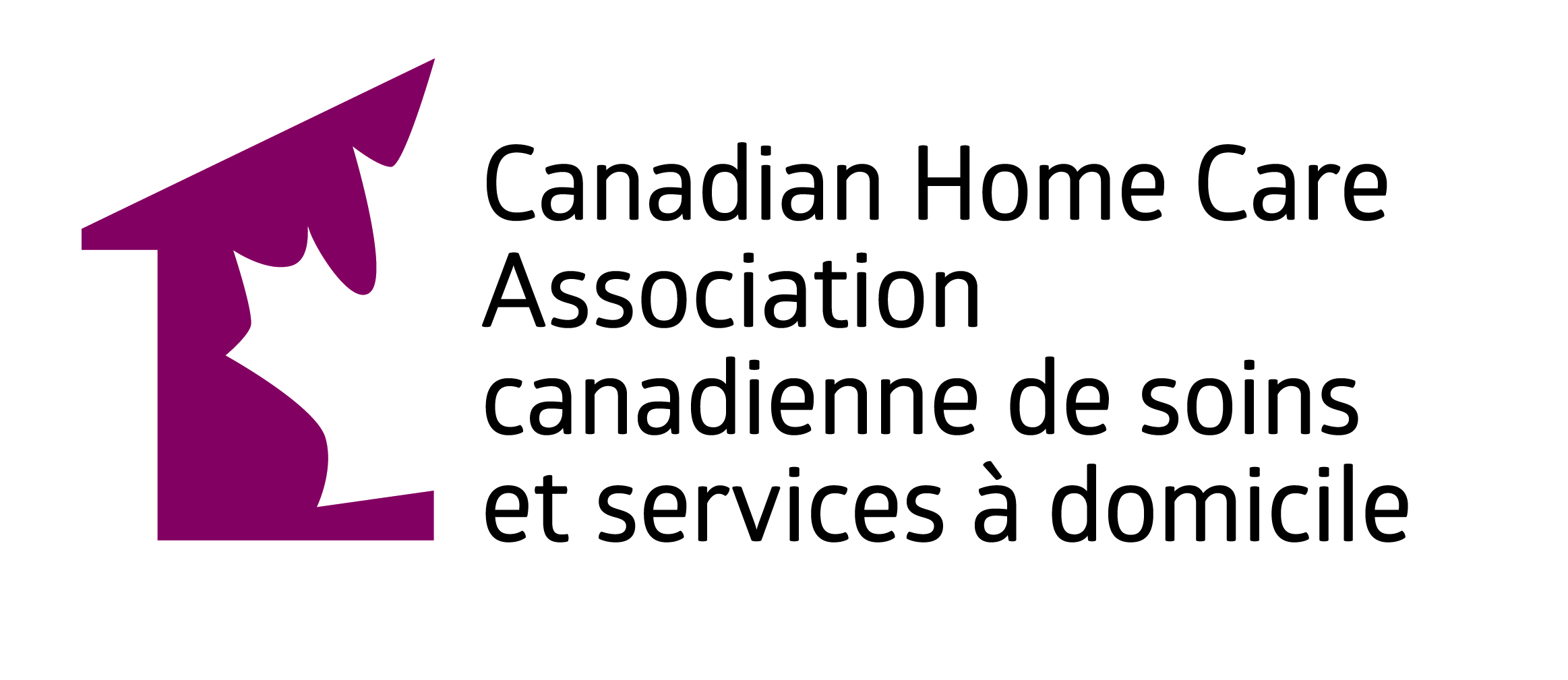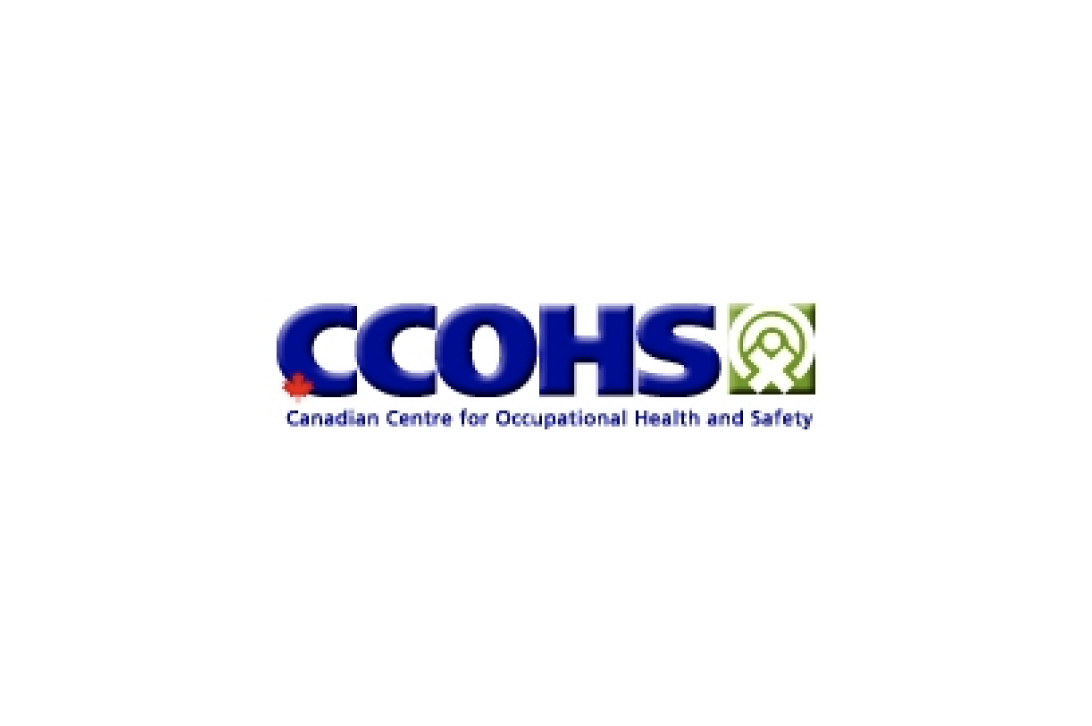About

Goal
To improve, promote and sustain health for carer-employees by providing the evidence needed by employers, labour organizations, and society to enact meaningful change in the workplace.

Background
There are more than 5.6 million employees in Canada with adult/elder care responsibilities. Lack of workplace support can result in: carer-employees leaving the workforce, and/or; missed work days, early retirements, reduced productivity and avoidable costs to employers. Canadian workplaces need to step up to the challenge of managing a workforce which is, due to health care restructuring, increasingly expected to provide unpaid care to family members. Recognizing that all workplaces will be affected by these caregiving demands, given the changing and dynamic nature of families (i.e. greater proportion of females in the workforce, smaller family sizes, increased mobility), together with the changing nature of caregiving (i.e. growing number of male carers, fewer publically-provided community services), it is incumbent upon Canadian workplaces to put in place caregiver-friendly workplace practices (CFWPs) to appropriately accommodate carer-employees.

Impact
Interdisciplinary training opportunities will be provided to numerous post-doctoral fellows, and graduate/undergraduate students, together with a range of knowledge users and non-academic collaborators. The research will foster the translation of research results into sex and gender sensitive policies and interventions that improve workers’ health via both integrated knowledge translation (iKT) and end-of-project knowledge translation (KT) strategies.
Quick-Study Guide
Objectives
Provide research evidence for the effectiveness of carer-friendly workplace policies (CFWPs) interventions on carer-employees (CE) health and workplace productivity;
Determine the needs of precariously employed carer-employees (CEs) and translate the results into carer-friendly workplace policies (CFWPs) and appropriate caregiving supports;
Provide the evidence base for how various social locations affect carer-employee (CE) health;
Inform our understanding of carer-employee (CE) role strain, by examining barriers faced at work and at home, and increase knowledge of the Compassionate Care Benefit (CCB) via the dissemination of knowledge translation (KT) tools.
Information Box Group
Project 1: Compassionate Care Benefit (CCB) Learn More
Knowledge Translation (KT) of the Compassionate Care Benefit (CCB) to Employers/HR Personnel
Project 2: Carer-Friendly Workplace Best Practices Learn More
International Synthesis and Case Study Examination of Caregiver-Friendly Workplace Best Practices
Project 3: Intervention and Cost-Benefit Analysis for Carer-Employees (CEs) Learn More
Evaluation of Caregiver-Friendly Workplace Policies (CFWPs) Interventions on the Health of Full-time Caregiver-Employees (CEs): Implementation and Cost-Benefit Analysis
Project 4: Immigrant/Refugee Carer-Employees (CEs) Learn More
Immigrant/Refugee Employees and Caregiving: A Case Study of Caregiver-Employees in Grand Erie, Ontario
Project 5: Carer-Employees of Older Adults with Multiple Chronic Conditions Learn More
Sex and Gender-Based Analysis of Family Caregivers of Older Adults with Multiple Chronic Conditions at McMaster Aging, Community, and Health Research Unit
Project 6: Male Carer-Employees Learn More
The Male Caregiver-Employee Experience: An Examination of How Male CE’s Manage Both Informal Caregiving and Full-time Work
Project 7: Carer-Inclusive Workplace Standard B701-17 Learn More
The Canadian Standards Association’s (CSA) Carer-Inclusive and Accommodating Organizations Standard B701-17
Project 8: Carer-Employees Across Cultures Learn More
Carer-Employees Across Cultures: Mandarin Speaking Chinese, Vietnamese, Philipino and Korean
Project 9: Travel Behaviour of Carer-Employees Learn More
Assessing Activity-travel Behaviour of Carer-Employees & Health Risk Areas in Hamilton Metro
Advisory Committee
The research program will inform and be informed by a Research Advisory Committee (RAC) which will meet annually throughout the 5 year duration of the Chair.
Details Regarding Membership
Membership on the RAC includes: knowledge users/KT partners; research collaborators; senior academics with substantive expertise; trainees; engaged citizens who are themselves caregiver-employees (CEs); employers and human resources personnel; and members of labour organizations. The RAC will be chaired by Isik Zeytinoglu, a full professor and internationally acclaimed expert in the substantive field of flexible work schedules, non-standard employment, occupational health and macro-level human resource management and international and comparative industrial relations issues. The RAC will not only assist in the implementation of the research, whether by assisting with recruitment of research participants, or crosschecking data, for example, but will be invaluable in the knowledge translation (KT) work in that they will assist in defining and steering knowledge translation (KT) approaches and targeting audiences of interest. Given the diversity of the RAC, which is inter-organizational, inter-jurisdictional, and intersectoral, the research has the capacity to influence health implementation systems both within and outside the workplace, ensuring the implementation and scale-up of caregiver-friendly workplace policies (CFWPs) for caregiver employees (CEs).


